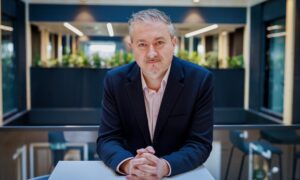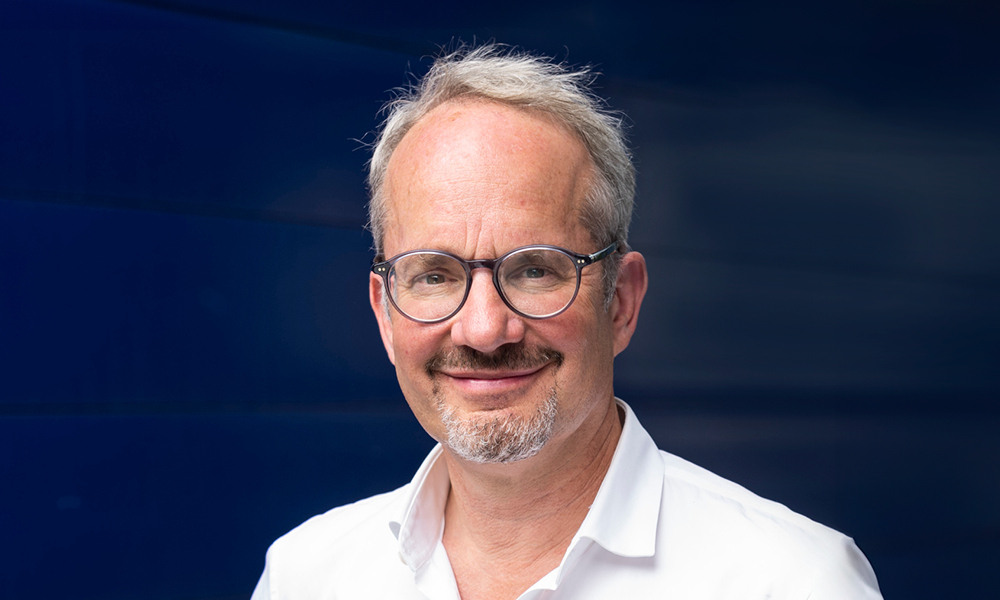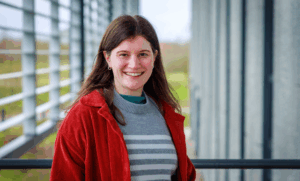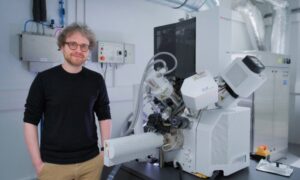
EMBL Council announces next EMBL Director General
Anthony A. Hyman’s mandate to commence 31 March 2026

At its winter meeting, EMBL Council selected Anthony A. Hyman as EMBL’s next Director General.
“I am pleased to announce the decision by the EMBL Council to elect Anthony Hyman as future EMBL Director General,” said Peter Becker, EMBL Council Chair. “Tony witnessed the spirit of EMBL early on in his splendid career. He is a visionary and experienced scientist who is very well suited to leading EMBL as it continues to innovate and build on its strong foundations.”
“I will be joining EMBL as its next Director General at a moment when the life sciences are changing rapidly, and when the institute’s role across Europe has never been more important,” Hyman said. “New technologies are giving us access to molecular, cellular, and tissue-level information at a precision and scale that simply did not exist a decade ago. Together with modern computational approaches, including AI, this creates a real opportunity to connect molecular mechanisms to the organisation of cells and tissues in ways that were not possible before.”
Hyman’s mandate will begin on 31 March 2026, when he will take over EMBL’s leadership from Interim Director General Peer Bork and Interim Executive Director Ewan Birney. Together, Bork and Birney have been leading the institution since former Director General Edith Heard departed EMBL to become Director and Chief Executive of the Francis Crick Institute in London.
“I look forward to working with colleagues, partners, and supporters across our member states to ensure that EMBL continues to pursue outstanding research while providing access to cutting-edge technologies, expertise, and training,” Hyman added.
He is one of four founding directors of, and group leader at, the Max Planck Institute of Molecular Cell Biology and Genetics in Dresden, Germany. He held the role of the institute’s Managing Director 2010-2013 and 2021-2023, and currently also holds a professorship of Molecular Biology at Technische Universität Dresden, Germany.
From 1993 to 1999, Hyman was a group leader and visiting senior scientist at EMBL Heidelberg. He studied Zoology at University College London before moving to the Laboratory of Molecular Biology, MRC in Cambridge, England, for his doctoral research. He obtained his PhD in 1988 (awarded by King’s College, Cambridge University), and completed a postdoctoral fellowship at the University of California, San Francisco, USA.
“It’s exciting to welcome Tony back to EMBL as the institute’s next Director General,” Bork said. Birney added: “We look forward to working with Tony during the coming months and once he has taken up his position.”
Hyman’s research focuses on unravelling the intricacies of biological condensates and phase separation in health and disease. Biomolecular condensates are a class of membraneless organelles that carry out different functions within the cell. The Hyman lab studies how phase separation impacts the formation of such membraneless compartmentalisation of macromolecules inside living cells. Understanding how and why condensates form and how they can transform into irreversible protein aggregates has important relevance for studying neurodegenerative diseases like ALS and Alzheimer’s disease.
His work has received some of the highest accolades: the EMBO Gold Medal (2003); the Gottfried Wilhelm Leibniz Prize (2011) for his work on microtubules and cell division; the Körber European Science Prize (2022); and the Breakthrough Prize in Life Sciences (2023) for discovering a fundamental mechanism of cellular organisation mediated by phase separation of proteins and RNA into membraneless liquid droplets. Hyman is a Fellow of the Royal Society (2007) and is an elected member of EMBO (2000), the Academia Europaea (2014), the National Academy of Sciences (2020), the German National Academy of Sciences Leopoldina (2021), and the Austrian Academy of Sciences (2023).


